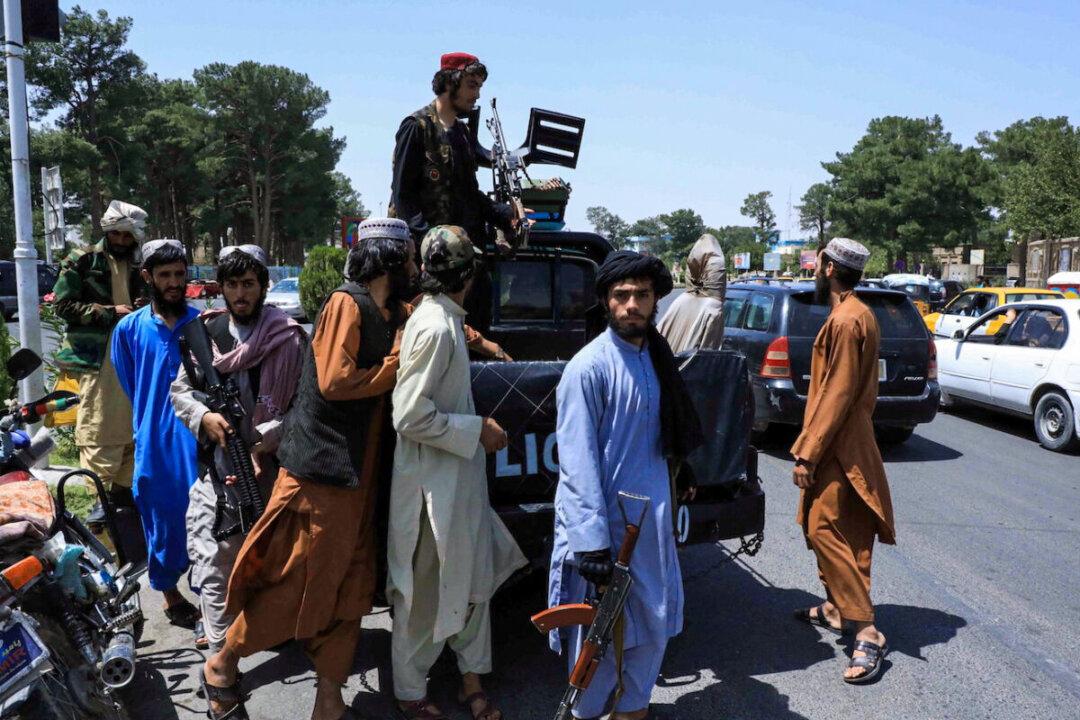Facebook says it will maintain its ban of pro-Taliban content under “U.S. law” and that it has been blocking WhatsApp accounts linked to the terrorist group, after the Taliban seized control of Afghanistan on Aug. 15.
“The Taliban is sanctioned as a terrorist organization under U.S. law, and we have banned them from our services under our Dangerous Organization policies,” a Facebook spokesperson told several media outlets.





